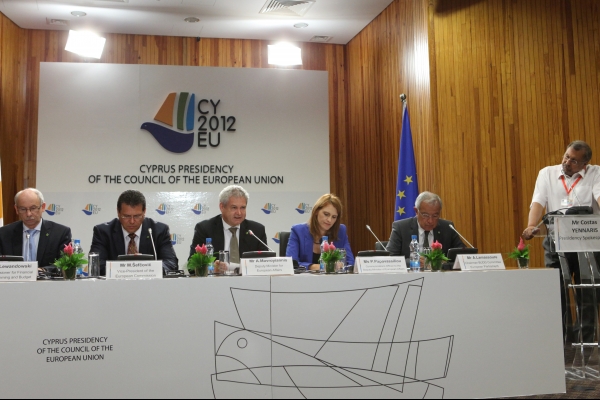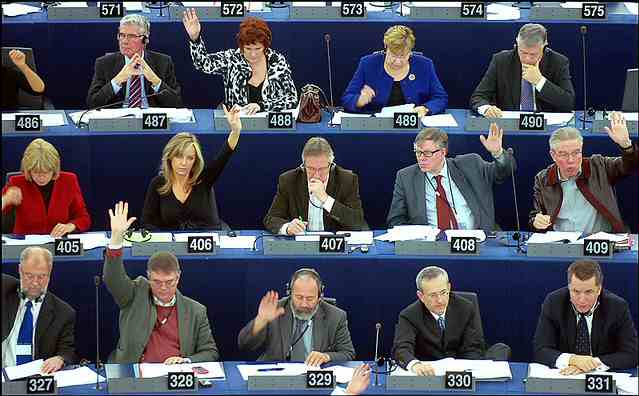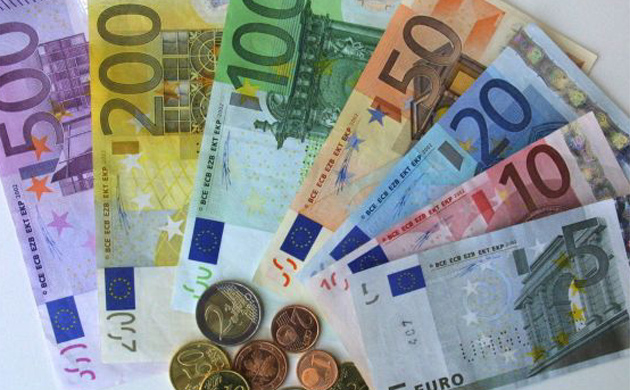The first initiative in what member states hope might be the final push to get agreement on the next Multi-annnual Financial Framework by the end of this year under the Cyprus Presidency took place yesterday (30 August) when the Cypriots hosted an informal meeting of the General Affairs Council in Nicosia.
During July, the Cypriots held a series of bilateral meetings (‘confessionals’) with the 27 member states and Croatia. Based on these discussions an Issues Paper was prepared for the meeting. This paper reported briefly on the outcome of the bilateral consultations, presented the Presidency´s proposed orientations for reflection by the delegations, and included a brief reference to the next steps.… Read the rest






